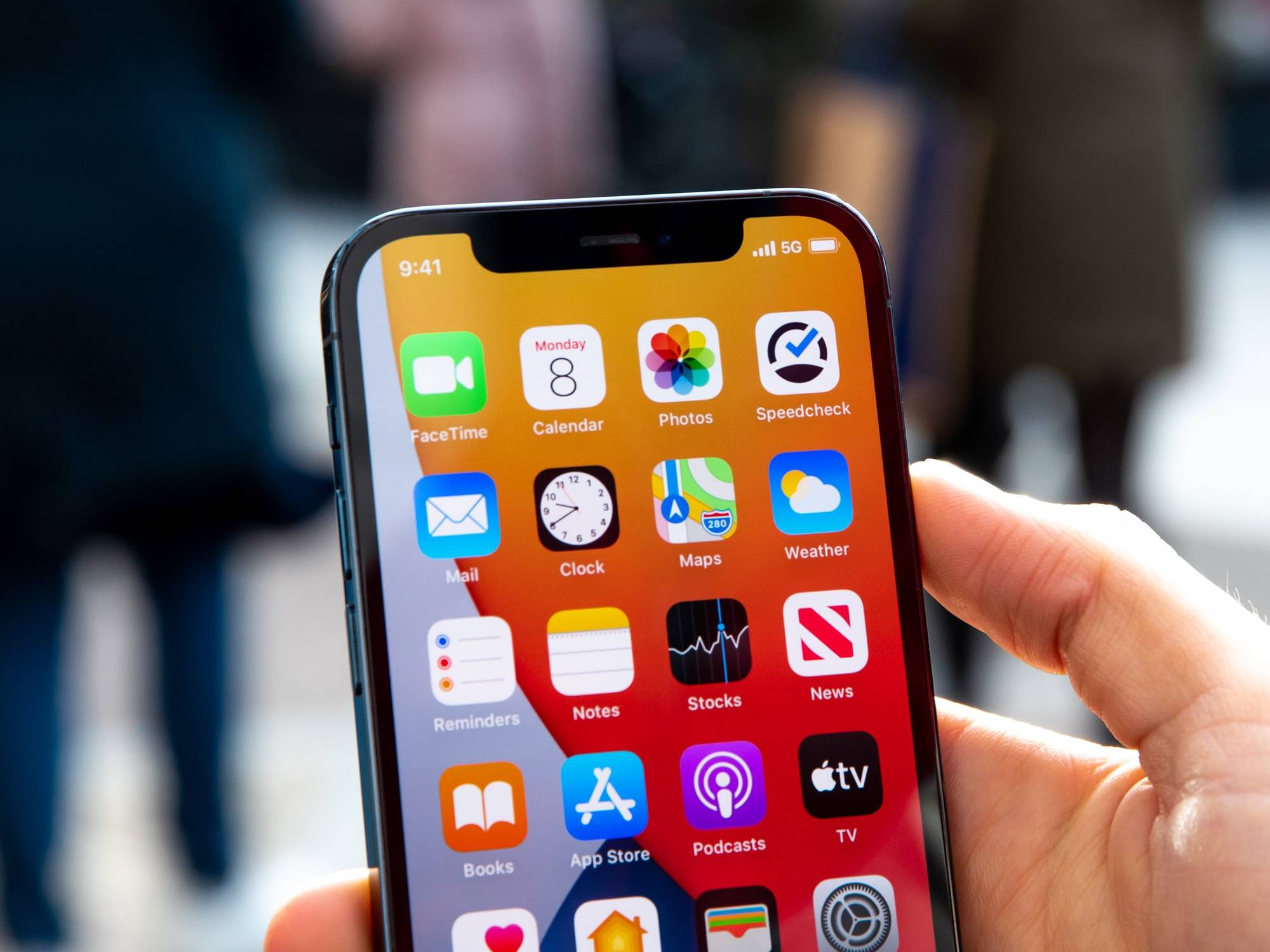what is 5G network?
5G is the fifth
generation of mobile networks. It is the latest technology for cellular
networks, offering faster speeds, lower latency, and more capacity compared to
previous generations (4G, 3G, 2G). 5G networks can potentially provide download
speeds of up to 20 Gbps, which is significantly faster than 4G networks. This
increased speed and capacity is expected to enable new use cases and
applications such as connected cars, remote surgery, and smart cities. 5G
technology also provides low latency which means the time it takes for devices
to communicate with the network, which makes it ideal for real-time
applications like gaming, self-driving cars, and virtual reality.
Will 4G shut down after 5G?
As 5G technology
continues to roll out across the world, many people are wondering what will
happen to 4G networks. Will they be shut down once 5G becomes widely available?
The short answer is
no, 4G networks will not be shut down once 5G becomes widely available. While
5G technology does offer many advantages over 4G, such as faster speeds and
lower latency, 4G networks will still have a role to play in the future.
One reason for this is
that not all areas will have 5G coverage right away. It will take time for 5G
networks to be built out and rolled out to all parts of the world. In the
meantime, 4G networks will still be needed to provide coverage and connectivity
in areas where 5G is not yet available.
Another reason is that
not all devices will be able to connect to 5G networks right away. Many devices
currently in use, such as smartphones, tablets, and laptops, will not be
compatible with 5G networks until they are updated or replaced. This means that
4G networks will still be needed to provide connectivity for these devices.
Additionally, 5G
networks are designed to work in conjunction with 4G and other previous
generation networks, as well as Wi-Fi networks. This is called network slicing,
which enables the network to be divided into multiple virtual networks for
different types of traffic, such as low latency or high-bandwidth traffic. This
means that even when 5G networks are widely available, 4G networks may still be
used for specific types of traffic.
while 5G technology does offer many advantages
over 4G, 4G networks will still have a role to play in the future. They will
continue to provide coverage and connectivity in areas where 5G is not yet
available, as well as for devices that are not yet compatible with 5G networks.
Additionally, 4G networks will also be used for specific types of traffic even
when 5G networks are widely available.
5G networks potential
implications
Security: With the increased speed and capacity of 5G networks, there is also an increased risk of security breaches. As more devices connect to 5G networks, the potential attack surface becomes larger and more complex. It is important for security measures to be put in place to protect against hacking and other cyber threats.
- Privacy: 5G networks can potentially
provide more detailed and accurate location information, which raises
concerns about privacy. It is important for regulations to be put in place
to protect users' personal information and ensure that it is not misused.
- Health concerns: There have been concerns
raised about the potential health effects of 5G networks, specifically
related to radiofrequency (RF) radiation emitted by 5G antennas. While
there is currently no scientific evidence to support these concerns, more
research is needed to fully understand the potential health effects.
- Economic impact: 5G networks have the
potential to drive economic growth and create new job opportunities.
However, there may also be negative economic impacts, such as job
displacement in industries that are disrupted by 5G technology.
- Societal impact: 5G networks have the potential to change the way we live and work. However, there may be unintended consequences such as digital divide, where certain groups of society may not have access to the same benefits and opportunities provided by 5G networks.https://thedailycreativepromotion.blogspot.com/2023/01/ai-and-machine-learning-in-finance.html
Overall, while 5G
networks have the potential to bring about many benefits, it is important to
consider and address the potential implications to ensure that the technology
is developed and implemented in a responsible and sustainable manner.
Unlocking the
Potential of 5G Networks: Benefits, Challenges and Implications
With faster speeds,
lower latency and more capacity compared to previous generations, 5G networks
have the potential to enable new use cases and applications such as connected
cars, remote surgery and smart cities. However, as with any new technology,
there are also potential challenges and implications that need to be
considered.
One of the main
benefits of 5G networks is the increased speed and capacity. With download
speeds of up to 20 Gbps, 5G networks can provide a faster and more responsive
internet experience for users. This is expected to enable new applications and
use cases that require high-bandwidth and low-latency connections, such as
virtual reality and autonomous vehicles. Additionally, 5G networks will also
increase the number of devices that can be connected to the internet at the
same time, which is expected to drive innovation and economic growth.
However, there are
also potential challenges and implications that need to be considered. One of
the main challenges is security. With the increased speed and capacity of 5G
networks, there is also an increased risk of security breaches. As more devices
connect to 5G networks, the potential attack surface becomes larger and more
complex. It is important for security measures to be put in place to protect
against hacking and other cyber threats.
Another potential
implication is privacy. 5G networks can potentially provide more detailed and
accurate location information, which raises concerns about privacy. It is
important for regulations to be put in place to protect users' personal
information and ensure that it is not misused.
Health concerns have
also been raised about the potential health effects of 5G networks,
specifically related to radiofrequency (RF) radiation emitted by 5G antennas.
While there is currently no scientific evidence to support these concerns, more
research is needed to fully understand the potential health effects.
Additionally, 5G
networks have the potential to drive economic growth and create new job opportunities.
However, there may also be negative economic impacts, such as job displacement
in industries that are disrupted by 5G technology.
Societal impact is
also a concern, 5G networks have the potential to change the way we live and
work. However, there may be unintended consequences such as digital divide,
where certain groups of society may not have access to the same benefits and
opportunities provided by 5G networks.
5G networks have the
potential to bring about many benefits, including faster speeds, lower latency,
and more capacity, which are expected to enable new use cases and applications.
However, it is important to consider the potential challenges and implications
to ensure that the technology is developed and implemented in a responsible and sustainable manner.




0 Comments